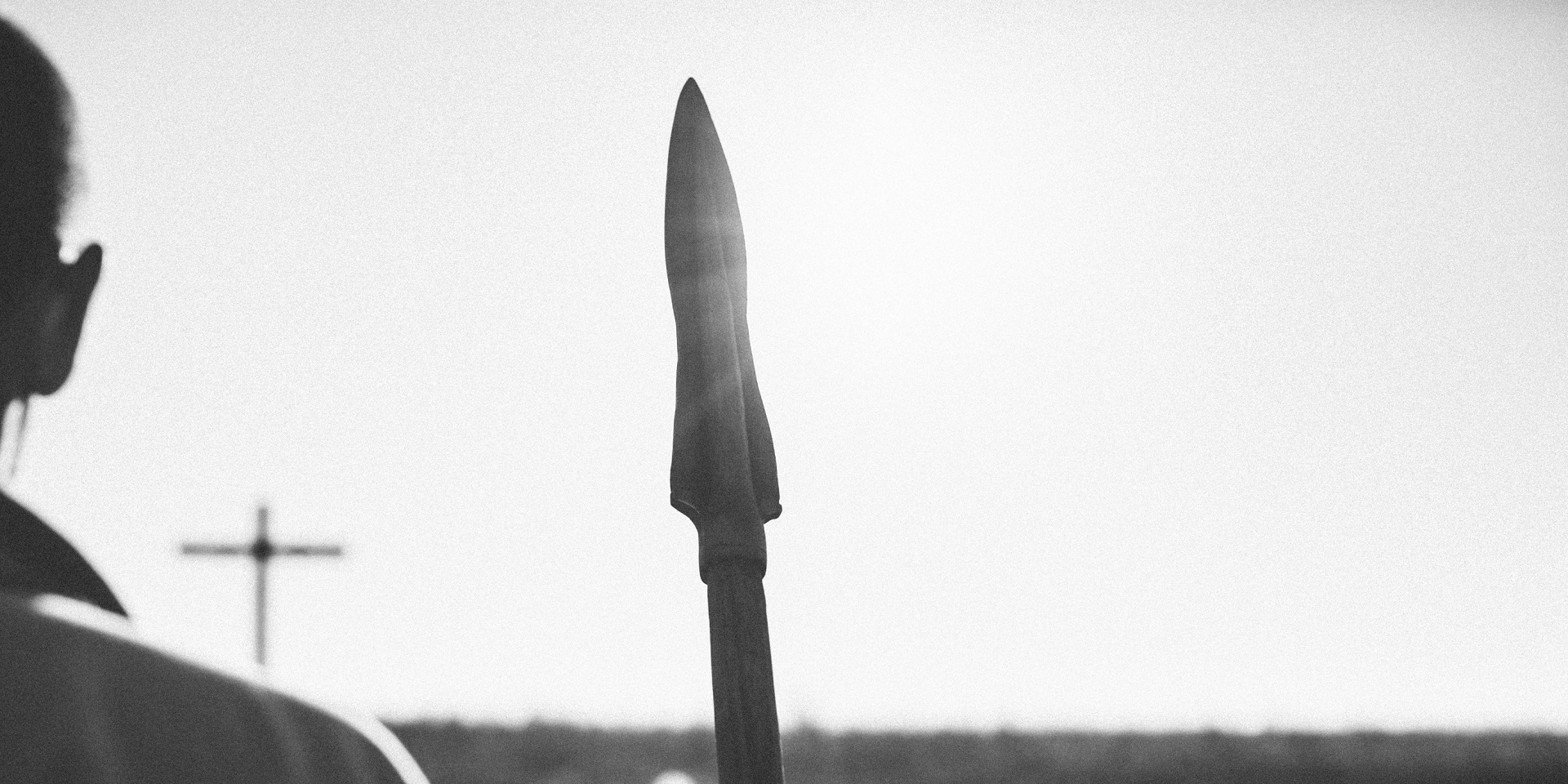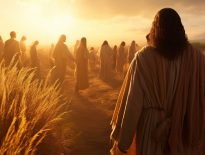Their common dream was to take the Gospel to the far reaches of the earth. In the early 1950s, young men Jim Elliot, Pete Fleming, Ed McCully, Nate Saint, and Roger Youderian were with their families in South America, working in Christian missions. The future was to bring them together in an extremely dangerous dream.
It was Jim Elliot’s idea to evangelise the Waorani tribe. Members of this tribe lived on average no more than 25 years because of vengeance killings, and no outsider, from conquistadors to Jesuit missionaries, had survived an encounter with them. But that’s precisely why Elliot believed they needed the Gospel message the most.
The five learnt the Waorani dialect and then flew over the wild settlements, delivering messages of friendship and gifts. After receiving encouraging responses, they landed on the beach of the Curaray River on 3 January 1956 and set up camp. Three days later, the first visitors arrived—a young woman and a young man, accompanied by an older woman, as was tribal custom.
Something caused the young man and woman to leave the meeting with the missionaries without their companion, arousing the anger of the young woman’s brother. Fearing him, the boy lied and said they had run away without their chaperone because the missionaries had attacked them.
It was Sunday, and the missionaries were conducting a service when they saw the second group. Overjoyed, they announced the turn of events to their wives over the plane’s speaker system and walked out to meet the natives, when a spear came out of the bushes and stabbed Nate in the back. Collapsing to the ground, he pulled the gun from his waistband, but fired only into the air to frighten off the attackers. Roger made a beeline for the plane’s intercom, but was also killed. Within moments, the other three were also killed with spears and machetes. The savages threw their bodies into the river and destroyed the plane.
But back at the camp, the killers were confused. The strangers had guns, they could have killed them. Why didn’t they?
The answer came two years later when Jim’s widow, Elisabeth, returned to Camp Waorani with her three-year-old daughter. Nate’s sister, Rachel, had stayed on to live near the tribe after her brother’s death. She had just finished translating the New Testament into the Waorani dialect and was convinced that God had a plan to save the tribe.
The two women were accepted by the natives, who were amazed by their courage. As she helped them with various medical problems, Elisabeth was surprised by their gestures of kindness and generosity. The Waorani were finally ready to hear the Gospel. When Elizabeth told them about the One who died so that others might live, the murderers thought of the murdered missionaries. They knew that they had died so that they might live. Faith in Christ’s saving sacrifice changed them. Nine years later, Nate’s son Steve wanted to be baptised by his father’s murderers, now his friends. It was a moving testimony to the transforming power of the Gospel.
In the diary found on the banks of the Curaray River, Jim Elliot wrote: “When the time comes to die, make sure that all you have to do is die.” When he wrote these words, he probably didn’t think that his and his friends’ deaths would be the most important thing they would do to fulfil their cherished dream of bringing the news of salvation to people with no future.




















